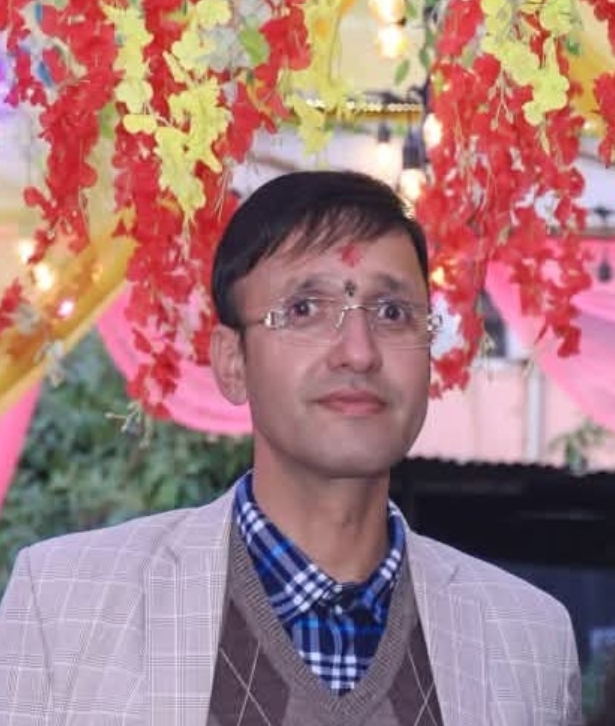Opinion
Hard work needed
The Nepali people have been unnecessarily selective regarding the political system
Atindra Dahal
Despite being regularly discussed and desperately awaited, development in Nepal remains a mirage. Ages have elapsed and generations have passed while waiting to see a developed and prosperous country. Leaders utter high-sounding rhetoric and deliver spellbinding speeches, but change and progress have been slow in coming. The course of development has deviated dramatically basically due to two severe misadventures. For the last many years, records show that economic growth has been static or even negative. The key change that matters to people is economic growth. The public’s day-to-day life and access to affordable goods and services will become easier only if the country’s economic status improves. If there is economic development, the rights that people need to live a life of dignity will be automatically provided. The domination and discrimination practiced by one community against another in terms of race, caste, creed or language are no more so rife these days.
Discrimination persists among people at the individual level, and that is due to differences in economic status. Economic prosperity and success will automatically cement the path to the elimination of discrimination. No Dalit, female or anybody else will be dominated if he or she is financially secure. Only economic prosperity can lead people to real development and progress. Unless economic development is assured, development rhetoric matters none to the people. They want development which enables them to obtain good food, better education for their children and quality health care. Lodging and fooding precede everything else.
But we have largely failed to bring any significant change in this domain. Political experiments are rife and economic development has taken a back seat. Even the small countries in the region are making enviable progress and are called ‘tiger economies’, but we are suffering from a massive inferiority complex. We pity ourselves as a poor and landlocked country whose fate is to remain forever underdeveloped. In reality, we are not so small. We are the 94th largest country in the world in terms of landmass and the seventh richest in terms of bio-diversity. Despite possessing immense potential for economic growth, we have paid no attention to materialising it. Nepal is the first country in South Asia to generate hydropower. Buddhist tourism can be a new means to promote economic prosperity as many Asian countries are Buddhist and are emerging economies too. Nepal’s strategic location can be used to secure greater attention and development partnership from India and China.
We have been unnecessarily selective with regard to the political system. Blame was heaped on the Rana and Panchayat regimes for not doing enough for economic progress. Later, the monarchy became the target of criticism. After the monarchy was uprooted, the centralised administrative system was blamed for the poor economic progress. However, the problem lay with the character and capabilities of the people who ran the system, not the system itself. Every policy is equally productive if hard work is put in. Japan, Thailand, the UAE and many other countries have monarchs. Nigeria is a mess despite being a republic while the US, India, Switzerland and other countries have done very well under this system. The UK, Israel and New Zealand are prosperous and well governed despite having no written constitution, which we overrate to be a divine pill for every defect in the country. Many European countries have a centralised administrative system; same in China.
If rigorous steps are taken and keen efforts are made, no policy will pose a hindrance to economic development. When leaders fail to harness the country’s economic potential, they look for excuses and blame the policy. In fact, people care for economic prosperity and civilisation which depend on the potential of a country’s politicians, not the policy they prefer. If politicians demonstrate purity and potential, any policy they choose will put the country on the road to development. Since we have side-lined the economic nature of development and blamed the policy instead of the potential of politicians, we are seeing only ‘defeat and dying dreams’. Unless, we revisit our thoughts and practices, we will keep going the same fruitless way.
Dahal holds a PhD on Issues of Nation Building




 24.89°C Kathmandu
24.89°C Kathmandu











